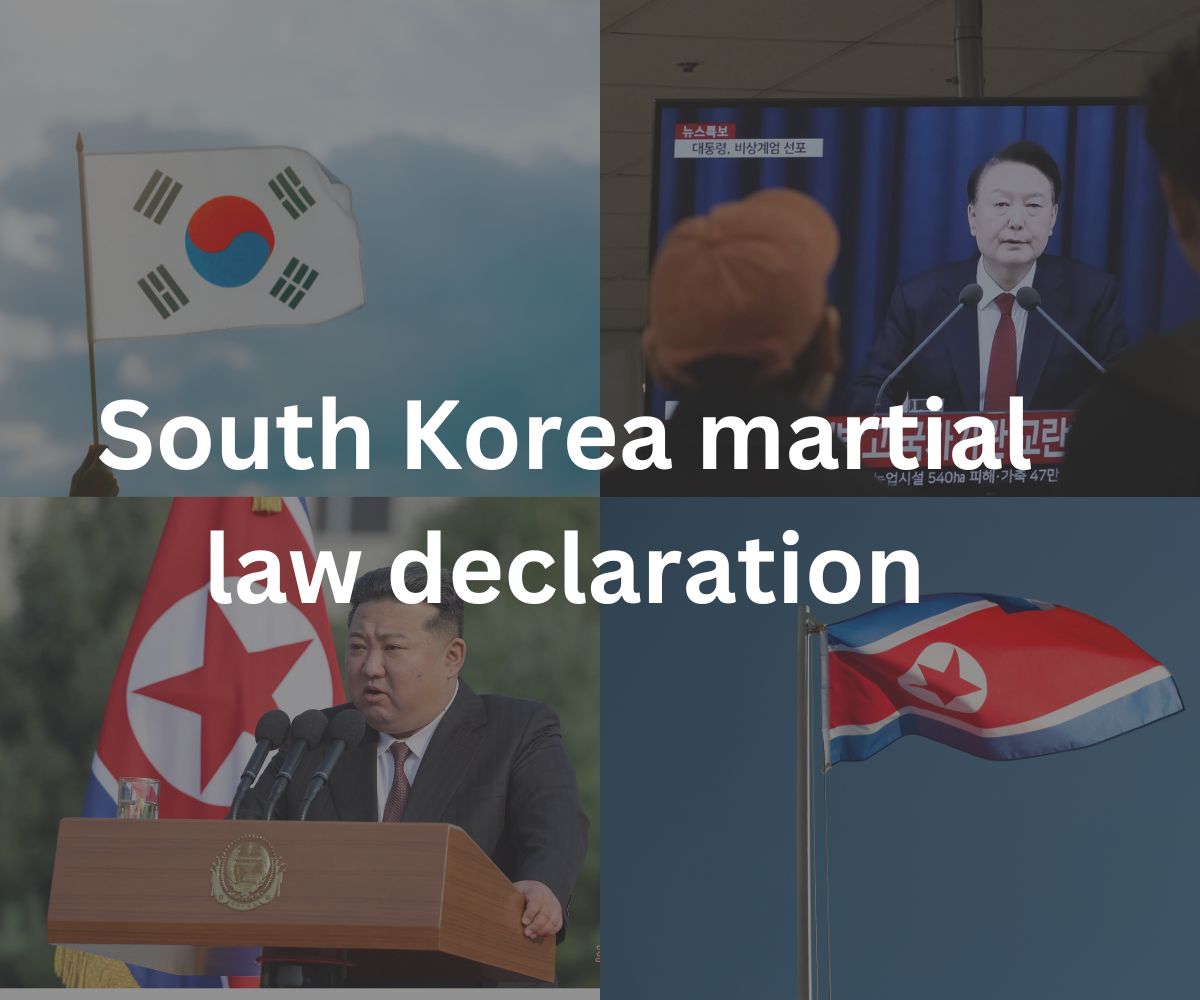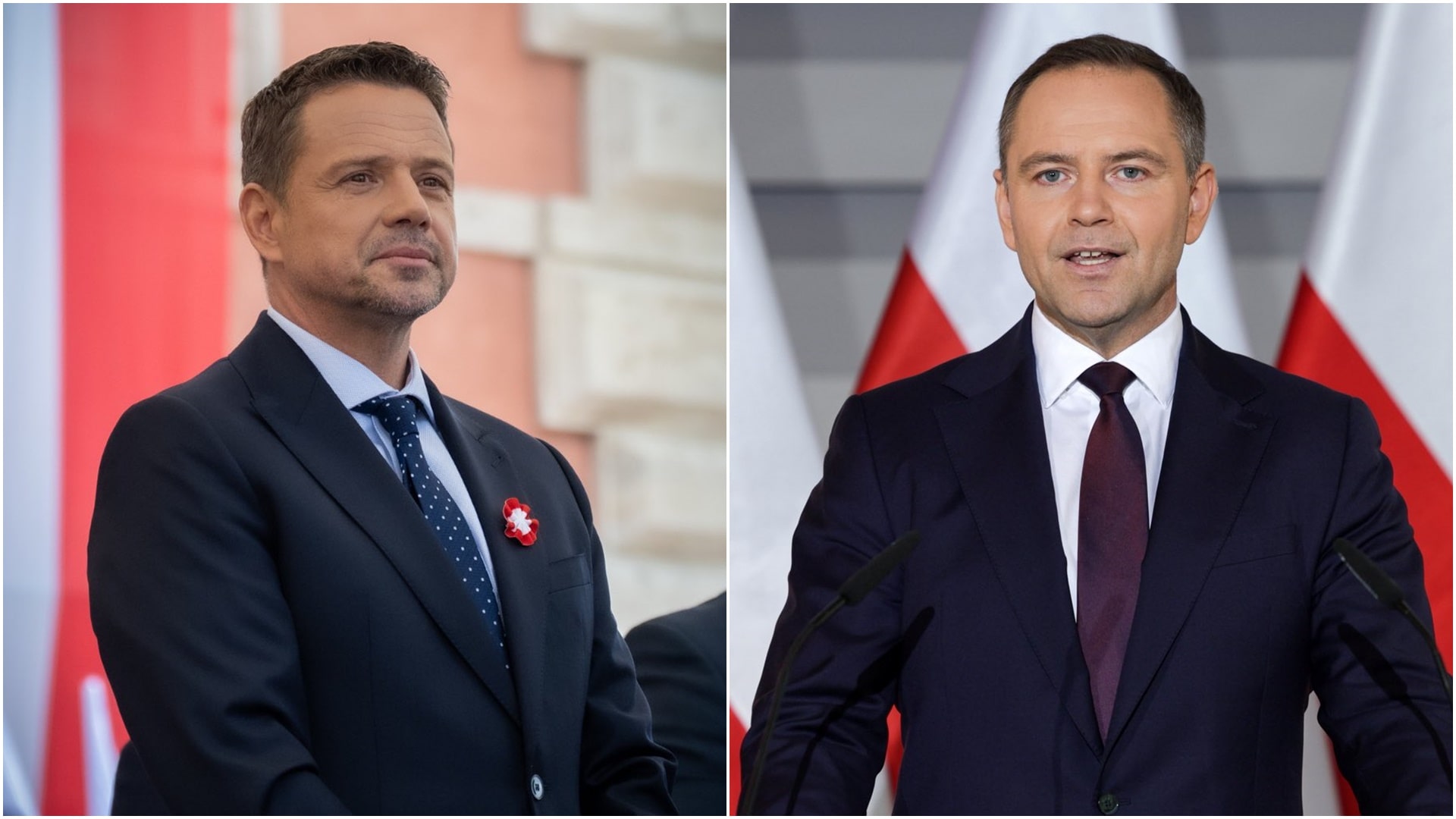In a surprising and historic announcement, South Korean President Yoon Suk Yeol declared martial law on Tuesday, citing a need to eliminate “anti-state” forces and protect the nation. The declaration comes amid deep political tensions between Yoon’s administration and the opposition-controlled parliament.
What Is Martial Law?
Martial law gives the military temporary authority to govern a country, often during emergencies. In South Korea, this means suspending parliament and restricting activities that could lead to “social confusion,” such as protests or political gatherings. This is the first time martial law has been declared in South Korea since 1987, marking a return to measures not seen since the country transitioned to democracy.
Why Was Martial Law Declared?
President Yoon said martial law was necessary to “rebuild and protect” the nation from “falling into the depths of national ruin.” He accused opposition lawmakers of sympathizing with communist North Korea, describing them as “pro-North Korean forces.”
The decision follows months of political deadlock over budget disputes and motions to impeach key prosecutors. The Democratic Party, which holds a majority in parliament, has also been critical of Yoon’s handling of scandals involving his administration.
Additionally, the country’s healthcare system has been strained by a prolonged doctors’ strike protesting plans to expand medical school enrollments. Under martial law, doctors are now required to return to work within 48 hours.
Opposition and Public Reaction
Yoon’s declaration was immediately criticized by political opponents and even members of his own conservative People Power Party.
- Han Dong-hoon, leader of Yoon’s party, called the decision “wrong” and promised to oppose it alongside the people.
- Lee Jae-myung, opposition leader and Yoon’s rival in the 2022 presidential election, condemned the declaration as “illegal and unconstitutional.”
TV footage showed police blocking the entrance to the National Assembly, preventing lawmakers from convening. The Democratic Party held an emergency meeting to strategize a response.
What Happens Next?
Under South Korean law, martial law can only be lifted with a majority vote in parliament. Given that the opposition holds the majority, this could lead to further political clashes in the coming days.
For now, the military’s role has expanded, and public gatherings are restricted. The duration of martial law and its impact on South Korea’s democracy remain uncertain.
A Turning Point for South Korea?
President Yoon’s decision marks a dramatic escalation in South Korea’s political crisis, drawing comparisons to an authoritarian era many believed was long gone. While Yoon insists his actions are for the country’s benefit, critics argue this move undermines South Korea’s hard-won democracy.
As the nation watches closely, the international community will likely weigh in on this controversial decision.





